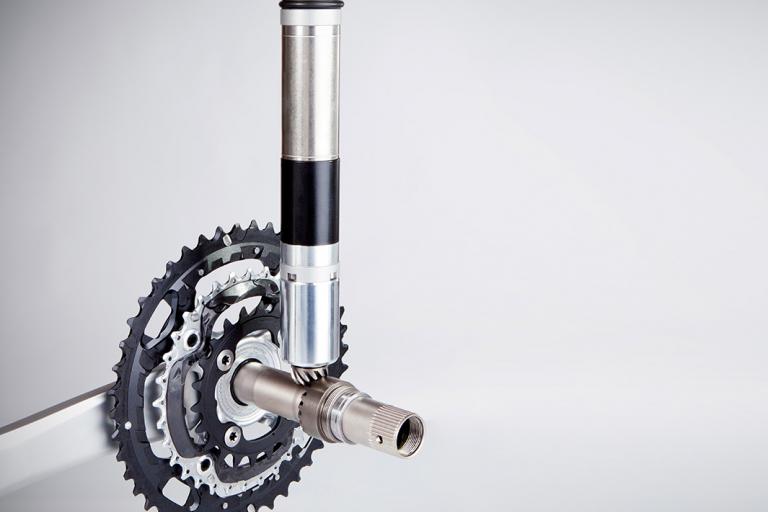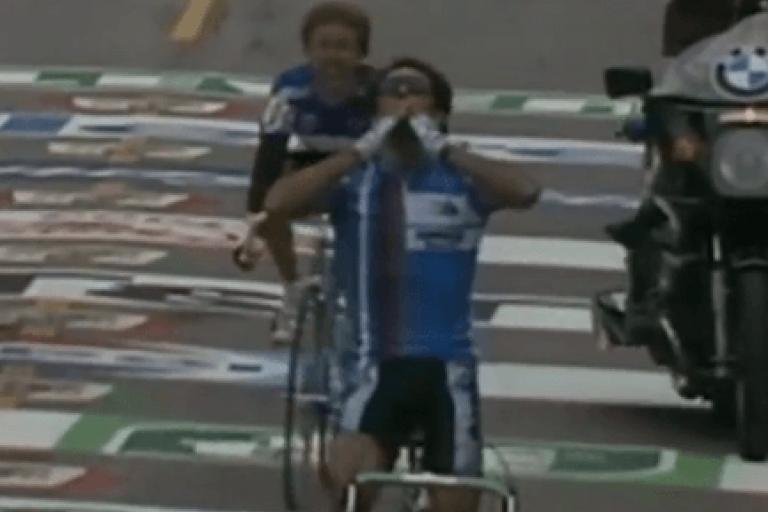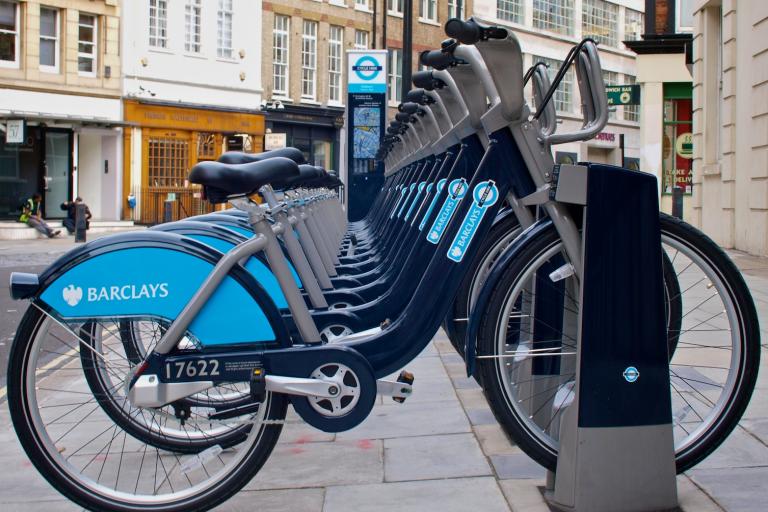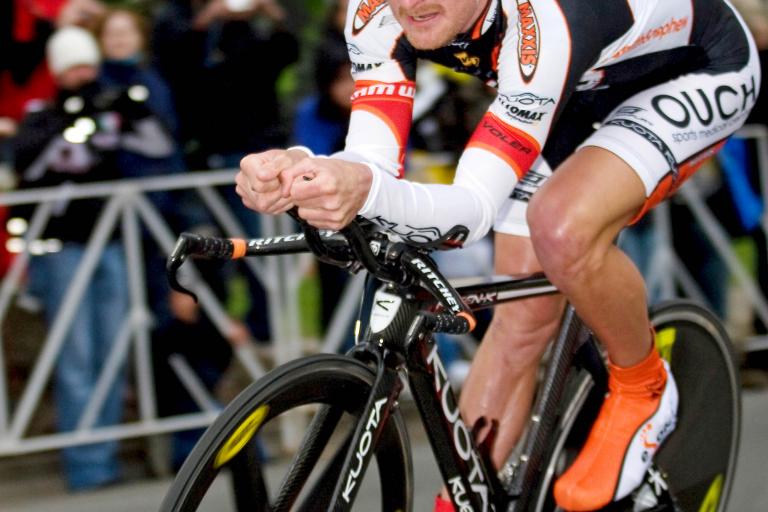Lots of people buy and sell lots of stuff via the internet, and mostly it goes off without a hitch because people are generally trustworthy and honest. However, there are some folks out there who'll use your good nature to try and scam you out of your goods, or your money. Don't get caught out! Follow these simple tips to make sure your buying or selling experience is as painless as possible.
If it's too good to be true, it probably is.
People don't generally sell things for a fraction of what they're worth. You can pick up some bargains online, sure, but you should always ask yourself: does this seem too good to be true? If it does, then walk away. You're better off paying a bit more, but to someone that you trust.
If you think it sounds dodgy, it probably is
If someone's offering to pay you in an odd way, or insisting on an insecure payment method, or even if it's just that you meet them and you think they're a bit shifty, then call it off. You haven't lost anything other than your time. There'll be another bike. Or another buyer.
Know your buyer/seller
There's no better way to tell if someone's a genuine buyer or seller than to meet them in person. If they've got a high-end race bike to sell and it obviously wouldn't fit them, or they don't know who Bradley Wiggins is, chances are it's not really theirs. If they're a buyer, ask them about what they currently ride and what they're planning to do with the bike you're selling. If they're a seller, ask them about their experience of the bike and why it's now for sale. Get a feel for them.
If you can't meet up because the distance is too great then a phone call is the next-best option. But if you're even slightly wary of a potential buyer/seller then it's better to move on. There's plenty of bikes for sale out there, and people looking to buy them.
Test ride dos and don'ts
If you're a seller and someone wants to test-ride a bike (or just see something you're selling) then take these precautions:
Don't meet them at home
If you don't know your buyer then it's never a good idea to invite them to your house: they may be planning to relieve you of your bike for nothing. Always meet in a public place where there are other people about, and don't reveal your address.
Don't accept credit cards/car keys/etc as a security deposit
For a test ride the best case scenario is to ask your buyer to bring the cash for the bike, and to hold it in your hand while they test ride the bike. That way, you can't lose out. If they don't want the bike, the cash can always go back in the bank. A card is no use to you (they may have cancelled it already), and you don't know if the car is theirs; anyway, having the keys doesn't make it yours.
If they're reluctant to walk around with the cash and you're convinced they're genuine, a passport is the next best option. Check it properly and take a photograph of the potential buyer with the bike, too, before they leave.
Go with them (but still take a deposit)
If you've got time and another bike you could always join them for a ride, but even so make sure you have a meaningful deposit. They might sprint off up the first hill they find...
Is it worth the journey?
If you're travelling to look at a bike, you need to ask yourself: is it worth the journey if I decide I don't want it? If you've driven a couple of hours to look at a bike that you ride and decide is a bit on the small side, don't buy it just to make the trip worthwhile. It might be better just not to go, if you think you might feel pressured (or put pressure on yourself) to complete the sale.
If you're not an expert, take one
Starting out in cycling? You probably don't know where to check for crash damage (under the down tube) or how to quickly gauge the transmission for wear (tooth profiles), or a bunch of other stuff. If you can, take someone who's seen a lot of bikes and knows what they're looking for. If you don't have any friends who fit the bill, a bike mechanic from your friendly local shop might be up for doing it for a small fee: better that than spending a wad of cash on a bike that needs masses of work.
"I'm selling it for a friend"
Some people genuinely are selling a bike for a friend, or a non-web-savvy relative. But it's also a common line trotted out by someone selling something they've obtained by less-than-decent means, to avoid any awkward questions. Best to give it a miss if you have any doubts.
Common online scams
Whether you're a buyer or seller you can get scammed and end up out of pocket. Here's a few scams to look out for
Fake cheques (sellers)
If someone offers to pay you by cheque, especially a cheque that's greater than the value of what you're selling, walk away. This is a common scam and the cheque will be a fake, convincing enough for you to see the balance in your account for long enough to wire them the 'remainder', but when it bounces you'll have lost the money. Never, EVER, accept payment like this.
Money transfers (buyers)
If someone that you don't know insists on a wired money transfer, walk away. Money transfers are effectively a cash transaction; there's no comeback if the goods you've paid for never arrive. Only pay through a reputable payment provider with an actionable dispute process.
Counterfeit money (sellers)
If you're selling for cash then small-denomination notes are less likely to be counterfeited because the counterfeiters concentrate on the big bills for obvious reasons. Getting paid in used tenners might feel a bit Only Fools and Horses but it's reasonably safe. If you want a bit of extra security you can arrange to meet them at their bank, and watch them get the money over the counter. That way you can be sure it's legit.
Sending goods
If you're sending goods to someone that you don't know, always use a courier service that will track the parcel and collect a signature at the other end. If the buyer says it never arrived, it's good to have either proof that it did, or someone to chase. Don't just pick the cheapest option, and factor the cost of sending into the price.






